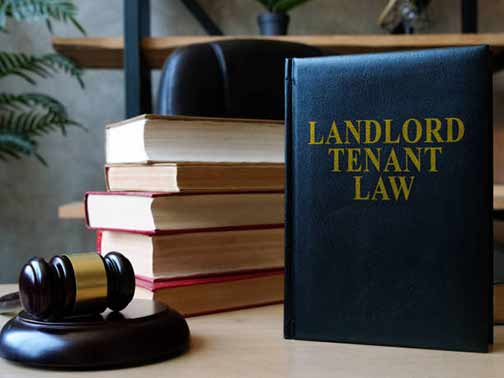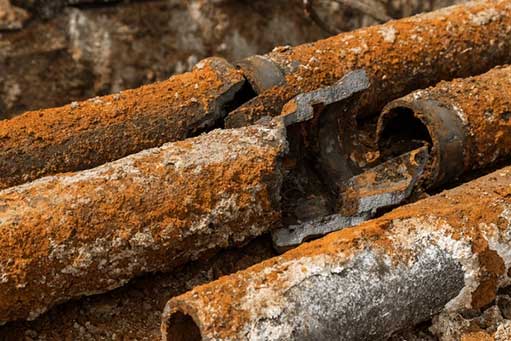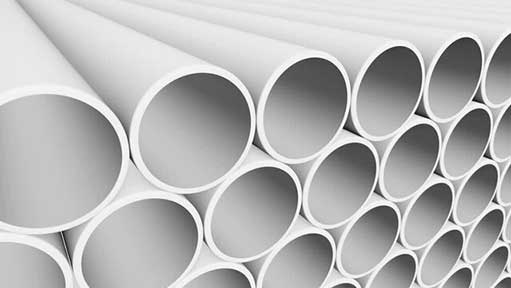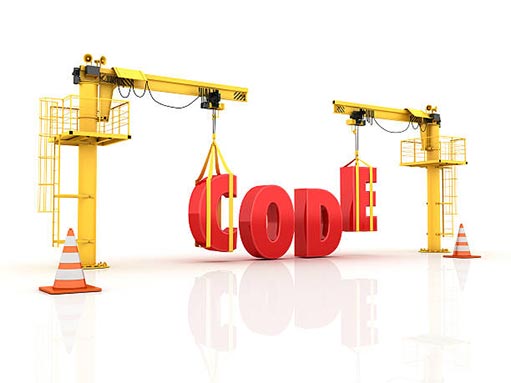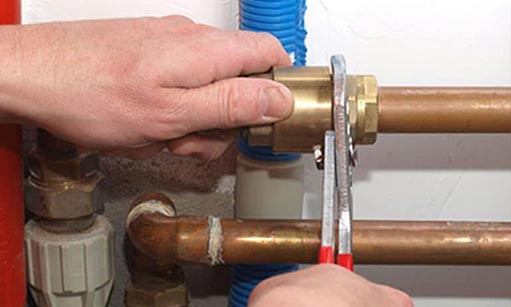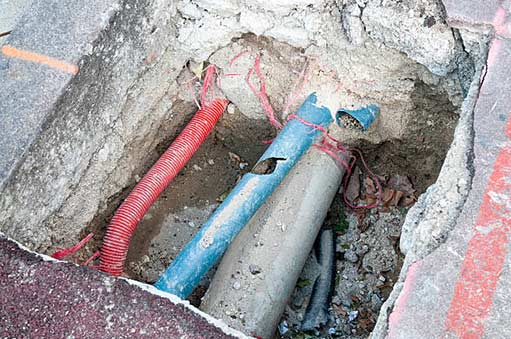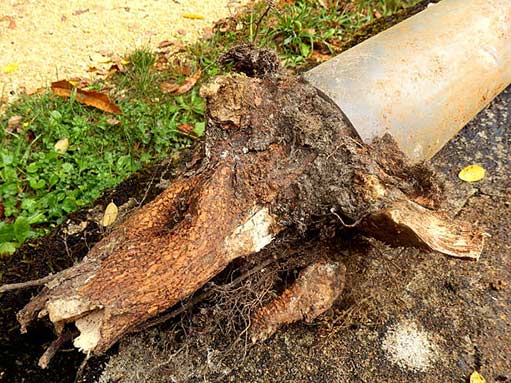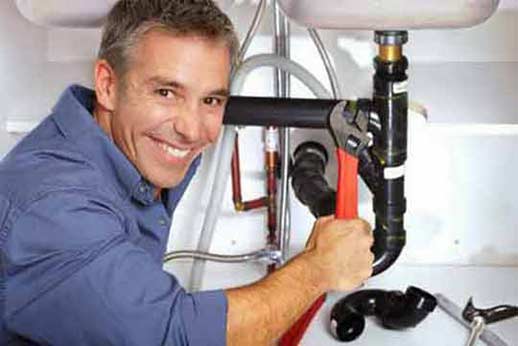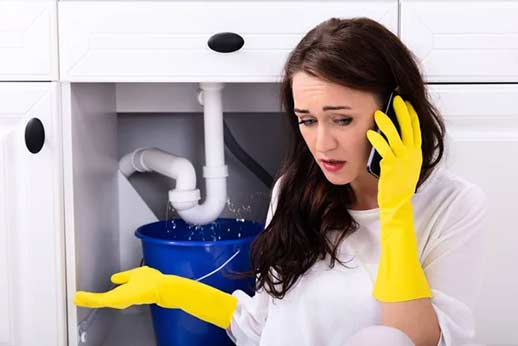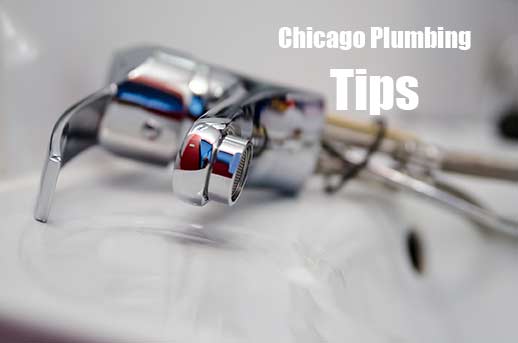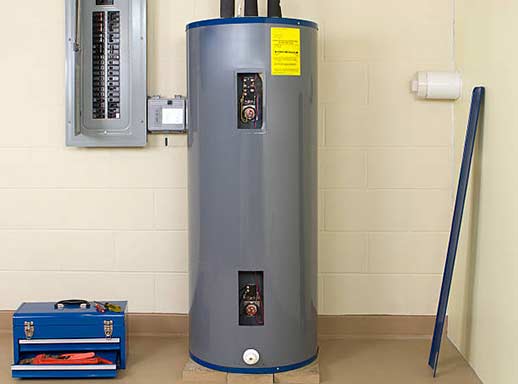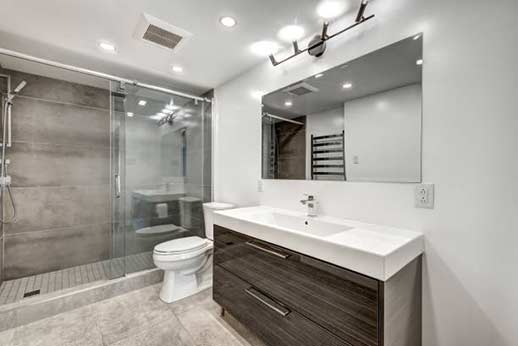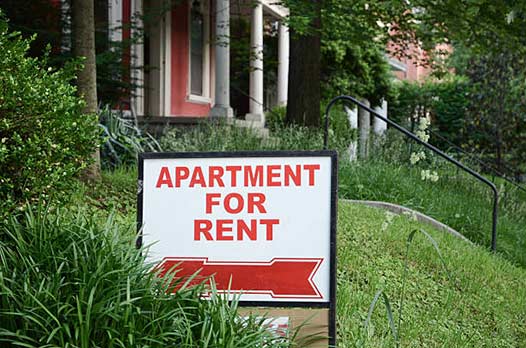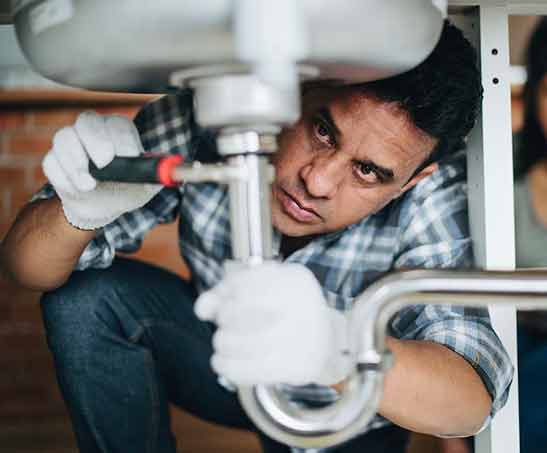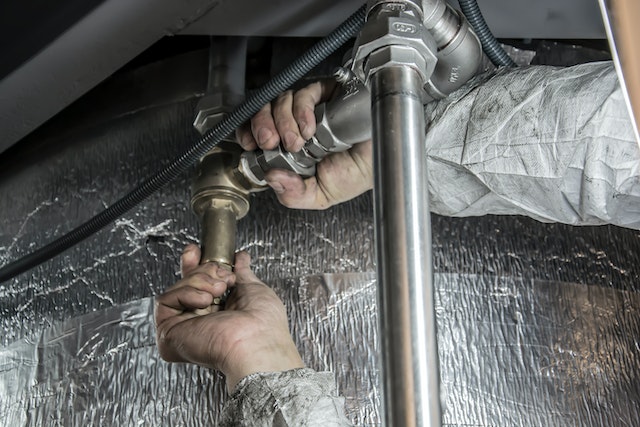The Responsibilities of the Tenant and Landlord when it comes to Plumbing Issues in Chicago Apartments
Living in a rented apartment in Chicago comes with its own set of responsibilities and questions. One such question that often arises is, “Who pays the plumber when there’s a plumbing issue in my rented apartment?” It’s important to understand the division of responsibilities between the tenant and the landlord when it comes to plumbing problems. In this article, we will delve into the details and provide you with a clearer understanding of who bears the cost of plumbing repairs in the windy city.
Tenant’s Responsibilities
As a tenant, it’s crucial to understand your obligations when it comes to plumbing issues in your rented apartment. While the specifics may vary depending on the terms of your lease agreement, there are certain responsibilities that generally fall on the tenant’s shoulders.
1. Reporting the Plumbing Issue
When you encounter a plumbing problem, such as a leaking toilet or a clogged drain, it’s your responsibility as a tenant to promptly report the issue to your landlord or property management company. Failure to report the problem in a timely manner might not only cause further damage but could also lead to disputes regarding liability for the repair costs.
2. Exercising Reasonable Care
Tenants are expected to exercise reasonable care when using the plumbing fixtures and systems in their rented apartments. This means taking measures to prevent any damage that may result from negligence or misuse. For example, you should avoid disposing of non-biodegradable items in the toilet or pouring grease and oil down the sink, as these actions can lead to clogs and other plumbing issues.
3. Minor Maintenance Tasks
While major plumbing repairs are typically the responsibility of the landlord, tenants are generally expected to take care of minor maintenance tasks. This includes tasks like replacing washers or gaskets in faucets, unclogging simple drain blockages, and cleaning showerheads. These minor repairs can often be handled without the need for professional assistance.

If a tenant reports a plumbing issue, the landlord is typically responsible for arranging and paying for the necessary repairs within a reasonable timeframe.
Landlord’s Responsibilities
Landlords in Chicago have specific legal obligations when it comes to maintaining the habitability of their rental properties, including the plumbing systems. Understanding the landlord’s responsibilities regarding plumbing issues is essential for tenants to know their rights.
1. Providing Habitable Conditions
Under the Chicago Residential Landlord and Tenant Ordinance, landlords are required to maintain the premises in a habitable and safe condition. This means ensuring that the plumbing systems in the rented apartments are in good working order and free from leaks, blockages, and other defects that may affect the tenant’s enjoyment of the property.
2. Timely Repairs
If a tenant reports a plumbing issue, the landlord is typically responsible for arranging and paying for the necessary repairs within a reasonable timeframe. The Chicago Residential Landlord and Tenant Ordinance define a reasonable timeframe as 14 days, although emergency repairs should be addressed promptly.
3. Engaging Licensed Professionals
When hiring a plumber in Chicago to resolve a plumbing issue in a rented apartment, the landlord is responsible for engaging licensed professionals who are qualified to perform the necessary repairs. This ensures that the repairs are done correctly and comply with the applicable plumbing codes and regulations.
4. Costs vs. Deductible Expenses
While the landlord is generally responsible for the repair costs associated with plumbing issues, tenants should be aware that certain expenses may be classified as deductible expenses. Deductible expenses are those caused by the tenant’s negligence or misuse of the plumbing systems. In such cases, the tenant may be required to cover a portion or all of the repair costs.
Resolving Disputes
Despite the clear division of responsibilities between tenants and landlords, disputes can still arise when it comes to determining who pays for plumbing repairs in a rented apartment. In these situations, it’s advisable to first try to resolve the issue through open and honest communication.
If the issue remains unresolved, tenants can seek assistance from the Chicago Tenant Rights Hotline or consult with an attorney specializing in landlord-tenant disputes. It’s important to familiarize yourself with the local laws and regulations that govern tenant-landlord relationships in Chicago to ensure your rights are protected.
To Sum it Up
When it comes to plumbing issues in rented apartments in Chicago, both the tenant and the landlord have specific responsibilities. As a tenant, it’s your duty to promptly report any plumbing issues, exercise reasonable care, and take care of minor maintenance tasks. On the other hand, landlords are obligated to maintain habitable conditions, arrange timely repairs, and engage licensed professionals when necessary. By understanding these responsibilities, tenants and landlords can navigate plumbing issues with confidence and ensure a smooth and satisfactory resolution.
